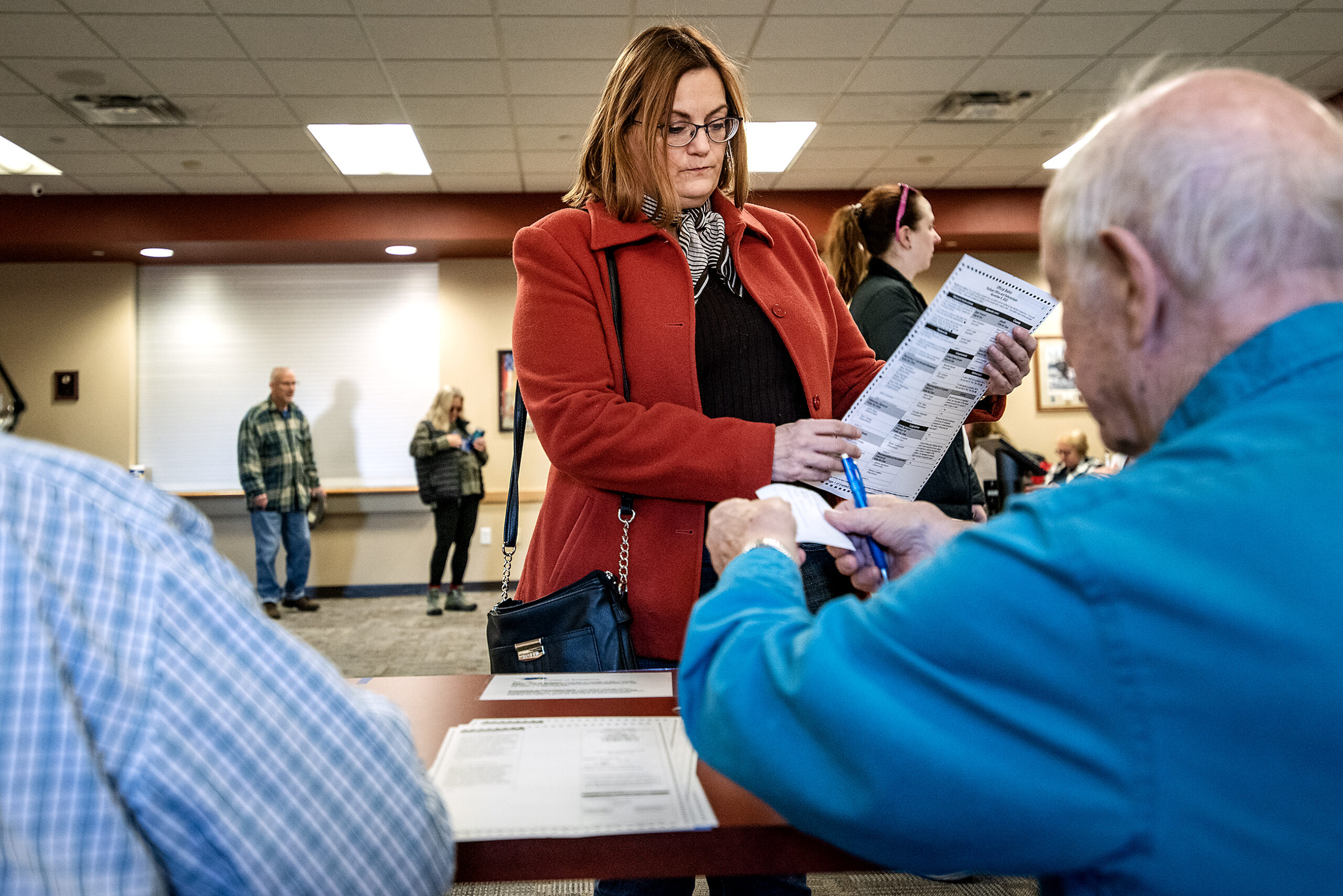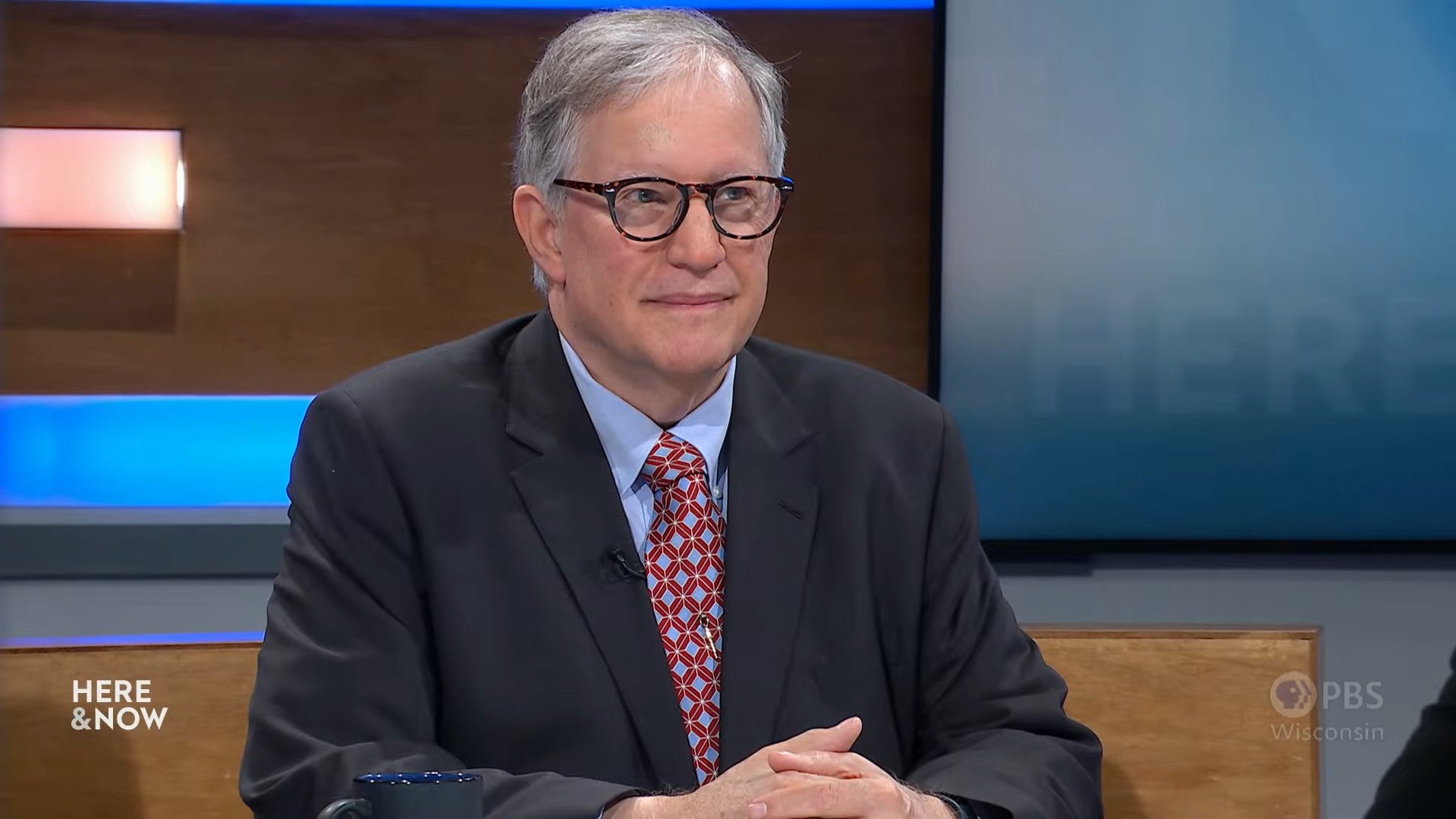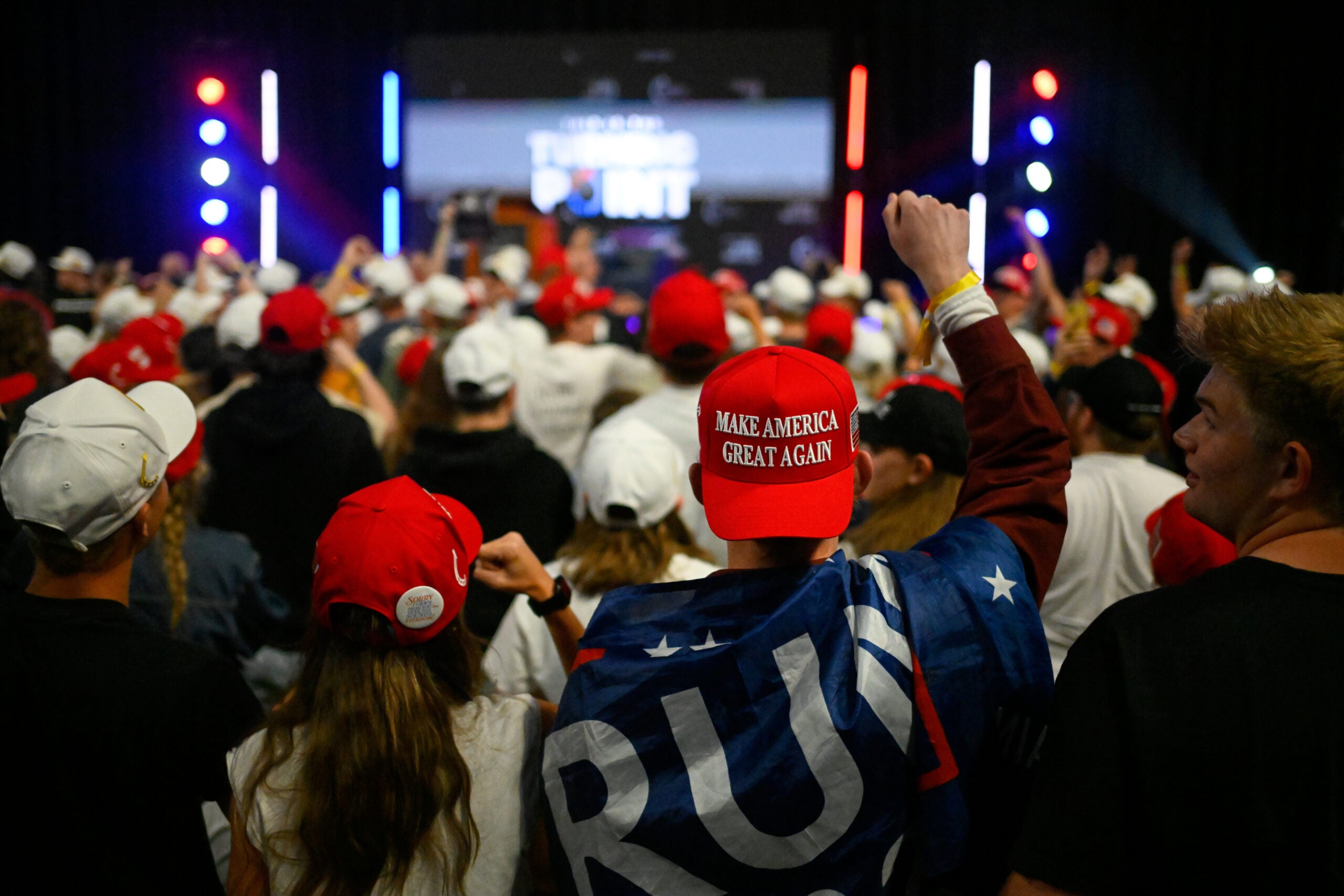Charles Franklin, director of the Marquette Law School poll, believes the presidential election was largely decided a long time ago.
“I think the fundamentals of this race were set two-and-a-half or three years ago, with high inflation…with a negative view of the economy despite some other economic indicators that were pretty strong,” he said.
According to the Marquette poll, only 44 percent of surveyed Wisconsinites said they were “living comfortably” last month. Four years ago, during the end of Republican president-elect Donald Trump’s first term, that number was 67 percent.
News with a little more humanity
WPR’s “Wisconsin Today” newsletter keeps you connected to the state you love without feeling overwhelmed. No paywall. No agenda. No corporate filter.
On his way to victory in the presidential election last Tuesday, Trump made gains in almost every state — in rural and urban areas, in blue ones and red ones.
“The breadth of that actually further argues for these national forces that were at work, because it was such a widespread move in a Republican direction,” Franklin said, highlighting voters’ experiences of inflation nationwide.
He said feelings about personal finances are “damned hard to argue your way out of by showing somebody a bunch of economic statistics.”
Several conventional economic indicators, like GDP growth, were strong before election day.
Franklin pointed out that Trump made significant gains in Wisconsin’s poorest election precincts, sorted by per capita income.
He also said Trump’s growing acceptance in the GOP may explain why the traditionally Republican WOW counties — Waukesha, Ozaukee, and Washington — didn’t swing for Democratic candidate Kamala Harris as much as they had for Joe Biden in 2020.
Thirty percent of Republicans had an unfavorable view of Trump before the party’s primaries began in January, according to Franklin’s results. That number had fallen to 13 percent this fall.
Tracking Trump support is still elusive for pollsters
Leading up to the election, Marquette polls repeatedly showed Harris with a slight edge over Trump, though each poll was within the margin of error, making it little more than a coin-flip.
Franklin said getting accurate polling results is a challenge when Trump is on the ballot.
“We still have trouble reaching some of Trump’s supporters,” he said.
“Folks who are quite jaundiced about politics in general, don’t like either party — though they may like Donald Trump, or do like Donald Trump,” Franklin specified. “They certainly don’t trust the media or, God forbid, pollsters.”
“These are exactly the kind of people we want to make sure we’re reaching,” he said. “But they’re the absolute hardest category of people to get to do a survey.”
He said his team, since 2022, splits Wisconsin into 90 regions, sorted from most Democratic to most Republican. Instead of randomly dialing phone numbers, they now use voter registration lists to pinpoint potential voters in each of those 90 regions, generating a more representative sample.
Franklin also noted that Wisconsin saw about 100,000 new voters in this presidential election cycle compared to the 2020 election.
“We’re a little different from a lot of the country, where turnout either didn’t go up at all, or maybe slacked off a little bit,” he said.
“We’re still not sick and tired of elections,” he chuckled.
Wisconsin Public Radio, © Copyright 2025, Board of Regents of the University of Wisconsin System and Wisconsin Educational Communications Board.







